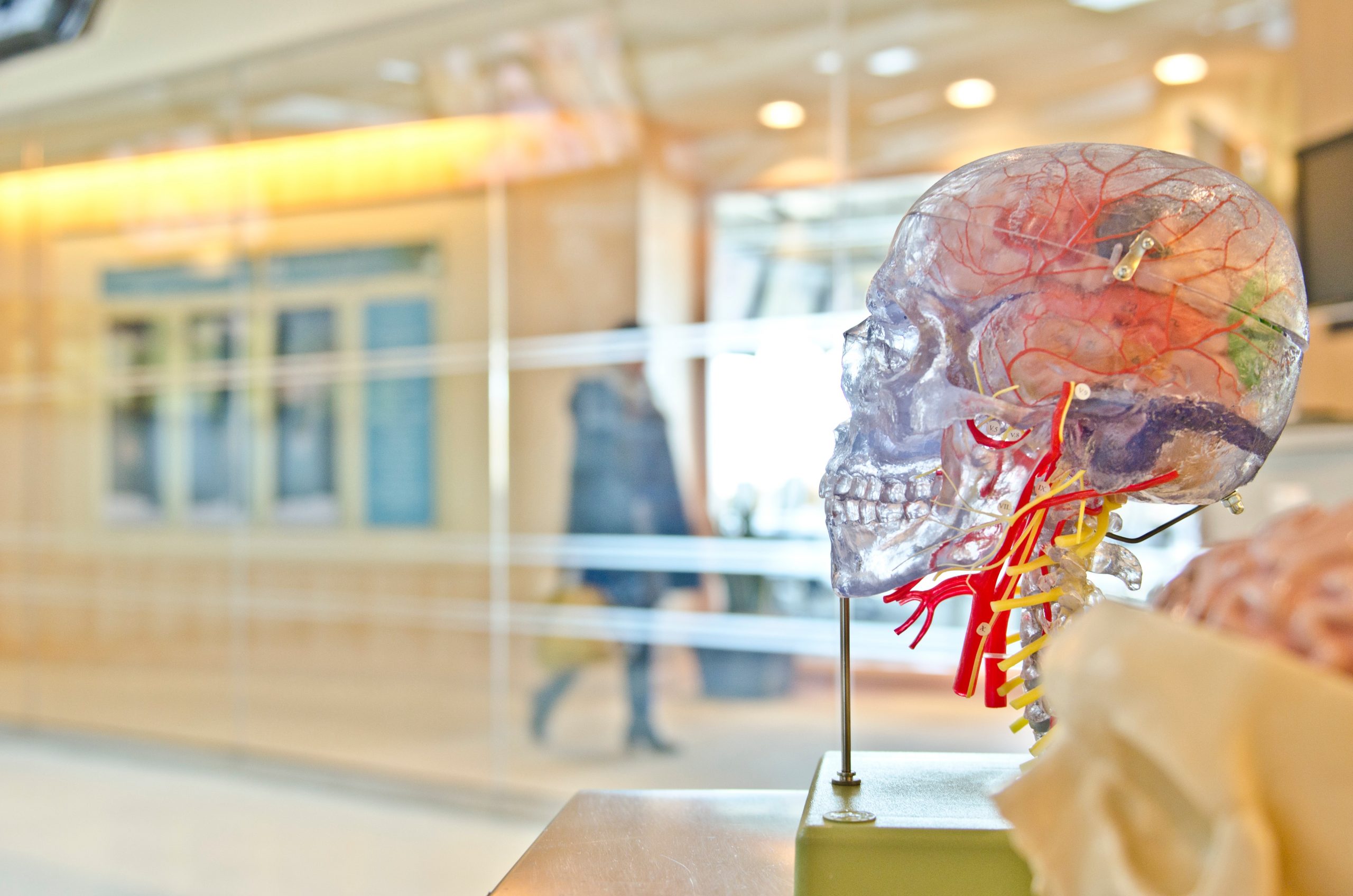


First demonstrated by Nobel Prize-winning physiologist Ivan Pavlov, there are a multitude of connections between our brain and gut that run far deeper than you might imagine.
These connections operate through the gut-brain axis (GBA), which is the bidirectional relationship between the central nervous system (CNS), your brain, and the enteric nervous system (ENS), your “second brain” or gut. These two brains communicate through channels that send signals back and forth between the cognitive and emotional parts of our brain and our intestines.
It is this relationship that is responsible for “feeling butterflies” before a performance, the anxiety of “gut-wrenching” decisions and other emotions and sensations we normally associate with our brain that actually originate in our gut.
But what creates this relationship? And what do we need to understand to make the most of it? Today, we will explore these questions and more as we dive deeper into the important connection between our two brains:
In order to grasp the function and importance of the gut-brain axis, we need to understand the microbiome.
The microbiome consists of every microorganism within a host (our body) and all of their genetic material. There are trillions of these microorganisms, particularly bacteria, fungi and viruses, within our microbiome. While this might sound alarming, it’s actually the reason our guts are so strong and important to our health.
Unlike the harmful viruses and bacteria that you might immediately think of, the variations found in our microbiome serve to protect and strengthen our body, particularly our gut. In fact, bacteria cells, the most studied microorganism, outnumber our human cells 40 trillion to 30 trillion. Without them, we simply would not be able to live long, healthy lives.
Altogether, the microorganisms in our body, particularly bacteria, play individual roles that combine to be critical for our intestinal survival. This strengthens our microbiome, allowing it to assist critical functions from the moment we are born, such as digesting breast milk and fiber, regulating our immune system, aiding the CNS and controlling blood pressure and metabolism.
As you might imagine, the health of our microbiome has a substantial effect on the incidence of intestinal diseases like IBS and Crohn’s disease, which as we will later learn can have negative effects on our mental health such as higher rates of anxiety and depression. This is why finding healthy sources of beneficial microbes can be so important for people who battle bloating, cramps and indigestion as well as concurrent mental health issues.
Now that we understand the importance of the microbiome to your enteric nervous system, let’s find out how the relationship between your gut and brain can play such a pivotal role in your mental health as well.
The partnership of our brain and gut makes sense on the surface, but the roots of this pairing are complex and dynamic.
For decades, many scientists claimed that emotional and cognitive processes in our brain (CNS) could cause corresponding reactions in our intestines. Long believed to be the reason for the correlation between those with intestinal disorders such as irritable bowel syndrome and mental disorders like depression, this view shaped treatment for the millions who suffer debilitating disorders of both the ENS and CNS. But what if they were wrong?
As new information comes out about the gut-brain axis, more scientists have begun to believe that our second brains actually have the power to send our primary brain messages and signals that cause cognitive/emotional reactions. This realization has transformed studies of this relationship, creating a scientific field bursting with new research and discoveries.
The actual mechanics of the gut-brain axis have only recently been documented, but they are crucial to understanding this relationship. While the main roles of the gut are basic, such as digesting food and releasing enzymes, the more complex role of communication between our ENS and CNS operate through a number of pathways such as:
These relationships play critical roles in our body, as they constantly help regulate our physical and emotional state of being. As early as our time spent in our mother’s womb, the partnership of our first and second brain nurtures, affects and informs our brain about the needs of the body.
Now that you understand the crucial role of the gut-brain axis, let’s explore some diet and lifestyle choices that can help you nurture and protect it.
First, there are a few types of food that are excellent for the GBA. These include:
In terms of lifestyle activities that can compromise a healthy GBA, the list includes many usual suspects such as a sedentary lifestyle, inconsistent exercise, smoking, high stress levels and obesity. As much as is possible, try to focus on healthy habits that will contribute to the overall well-being of your body in addition to your GBA.
On those days when you might not want to go to the gym or you feel too stressed to carry on, keep in mind that your efforts help your body and mind in ways you may not be able to feel in the moment. A positive attitude is key, and both of your brains will thank you for it.
As we begin to learn more about the importance and complexity of the gut-brain axis, one thing has become clear: the relationship found in the GBA shows us that if we listen to our body and treat it well on a daily basis, our mental and physical health will benefit greatly.
For any questions about diet, nutrition or other healthy living protocols feel free to contact us at any time.